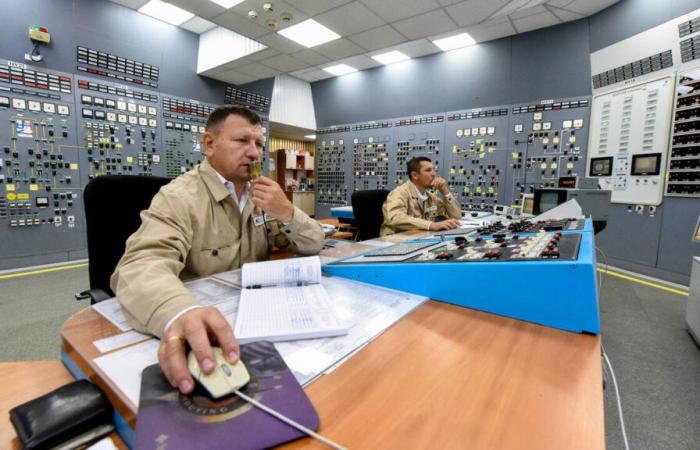
The war in Ukraine has reduced the country’s electricity production by more than 70 percent, according to a study by the Swiss Federal Institute of Technology Zurich (ETHZ) published on Wednesday. For reconstruction, the authors recommend focusing on wind and solar power. “We see that almost all large power plants have been attacked since February 2022,” the specialist journal writes. Joule the team led by the first Ukrainian author Iryna Doronina.
The researchers studied, among other things, the largest nuclear power plant in Europe in Zaporizhzhia, in southern Ukraine. The facility was shut down in September 2022 due to Russian aggression. They also looked at the example of the Kakhovka dam reservoir, which has an area one and a half times the size of the canton of Zurich. The reservoir emptied after the dam was dynamited, causing flooding and the evacuation of thousands of people.
A more resilient system
Before the war, Ukraine was among the largest energy producers in Europe. The country’s more than 1,500 power plants could supply a total of 59 gigawatts of electricity, while Ukraine needed only 22 gigawatts. As a result of the conflict, some 42 gigawatts were lost, with 17 gigawatts remaining, according to the researchers.
“Our study presents the first comprehensive, geospatial mapping of the Ukrainian power system as it stood in February 2022 and the destruction that followed with the war,” the experts note. To rebuild its energy system, Ukraine must rely on wind and solar energy, the researchers continue. They estimate the potential of these two sources at 219 gigawatts, several times Ukraine’s pre-war production capacity. In addition, a system based on wind and solar can be built more quickly. Its decentralized nature also makes it more resistant to new attacks, the authors emphasize.





